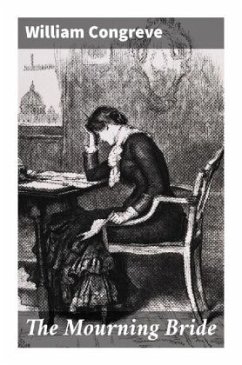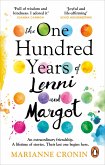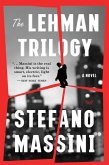William Congreve's "The Mourning Bride," first performed in 1697, represents a pinnacle of Restoration drama, deftly intertwining elements of tragedy and comedy. This play is characterized by its eloquent dialogue, rich character development, and intricate exploration of human emotions such as love, loss, and vengeance. Set against the backdrop of a near-civil war, it particularly comments on the tumultuous societal upheaval of the late 17th century, entwining its personal dramas with broader political themes. The play's structural brilliance showcases Congreve's adept use of iambic pentameter, as well as a dramatic irony that deeply engages the audience, inviting them to reflect on the tension between personal desire and public duty. Congreve, born into a politically tumultuous England, sought to reflect the complexities of his society through his works. His education at the University of Oxford and exposure to classical literature significantly informed his approach to characterization and plot development. These influences are evident in "The Mourning Bride," where themes of loyalty and betrayal resonate with the historical context of royalist and parliamentarian conflicts, revealing the author's keen understanding of the human psyche and societal intricacies. I recommend "The Mourning Bride" to readers interested in the theatrical heritage and the exploration of emotional depth within the framework of social commentary. This play not only entertains but also provokes thought, making it an essential text for those seeking to understand the evolution of English drama and the complexities of human motivation.
Bitte wählen Sie Ihr Anliegen aus.
Rechnungen
Retourenschein anfordern
Bestellstatus
Storno




![News of the World [Movie Tie-In] News of the World [Movie Tie-In]](https://bilder.buecher.de/produkte/59/59179/59179588m.jpg)



